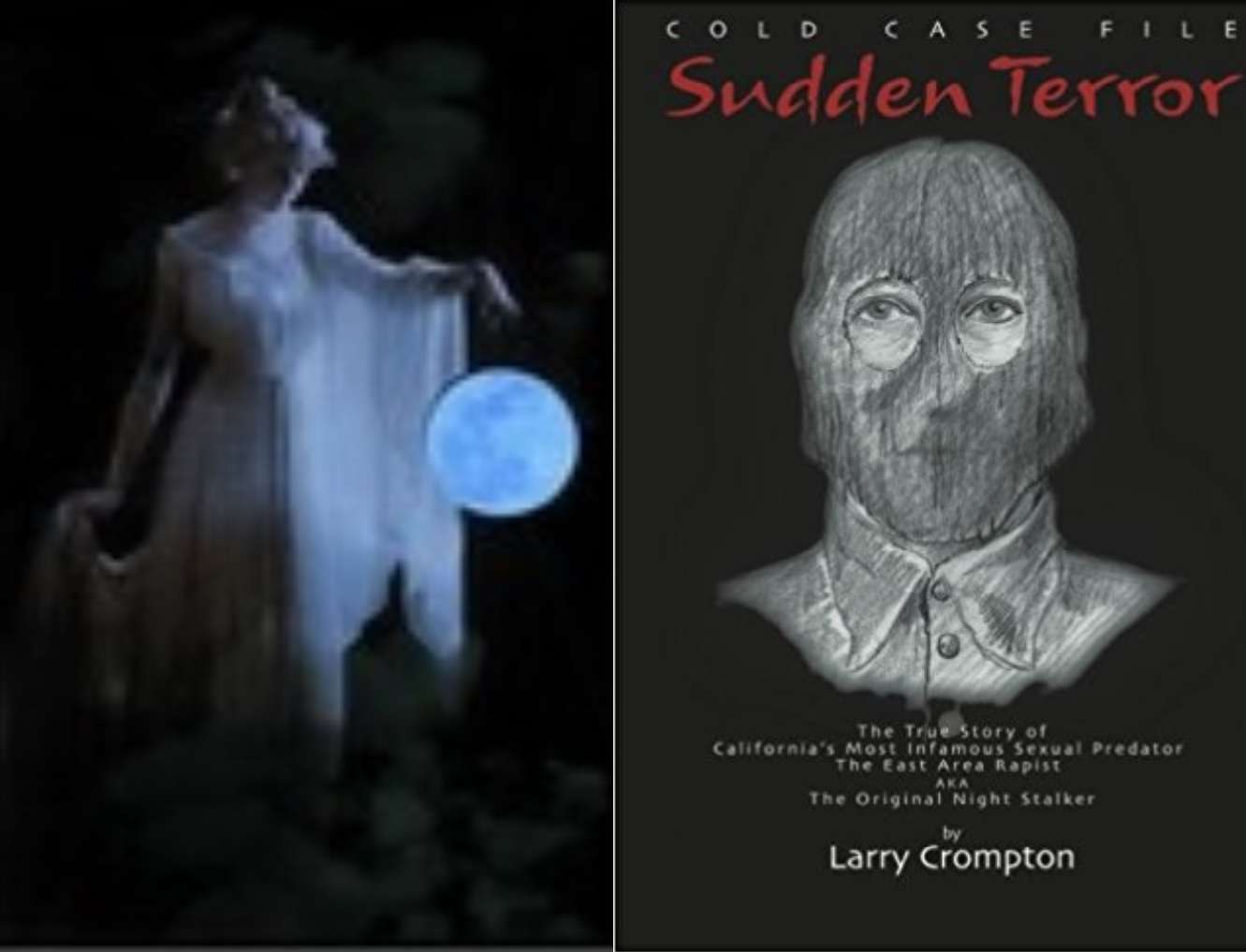Post by guessting on Nov 23, 2013 19:44:02 GMT
→California Supreme Court
California DNA law is broader than program upheld by Supreme Court
June 03, 2013|By Maura Dolan
U.S. Supreme Court Justice Anthony Kennedy, shown in a 2011 file photo, wrote the majority opinion in a decision released Monday that said police can routinely take DNA from people they arrest.
U.S. Supreme Court Justice Anthony Kennedy, shown in a 2011 file photo,… (Evan Vucci / AP )
SAN FRANCISCO — The U.S. Supreme Court's decision upholding the right of authorities to take DNA from people when they are arrested only partially assures that California's DNA collection program will survive court challenges, experts said Monday.
The high court upheld a program in Maryland that takes DNA from those arrested only for violent felonies and burglary. Maryland processes the genetic evidence only after an arraignment, and if the person is acquitted, the DNA profile is automatically expunged.
California Supreme Court
California DNA law is broader than program upheld by Supreme Court
June 03, 2013|By Maura Dolan
U.S. Supreme Court Justice Anthony Kennedy, shown in a 2011 file photo, wrote the majority opinion in a decision released Monday that said police can routinely take DNA from people they arrest.
U.S. Supreme Court Justice Anthony Kennedy, shown in a 2011 file photo,… (Evan Vucci / AP )
SAN FRANCISCO — The U.S. Supreme Court's decision upholding the right of authorities to take DNA from people when they are arrested only partially assures that California's DNA collection program will survive court challenges, experts said Monday.
The high court upheld a program in Maryland that takes DNA from those arrested only for violent felonies and burglary. Maryland processes the genetic evidence only after an arraignment, and if the person is acquitted, the DNA profile is automatically expunged.
California's DNA arrest procedures, in effect since 2009, are different. Anyone arrested for a felony in California must submit to a mouth swab, and the genetic evidence can be processed and put into a state data bank at any time.
If charges are dropped or the person is acquitted, expungement in California is not automatic. Someone must apply to have his or her genetic profile removed from the database.
DNA profiles in the state's criminal database are routinely compared to genetic evidence left at crime scenes. A match can tie a suspect to a crime.
Monday's ruling protected California's right to collect DNA during arrests, but civil libertarians said they would continue to challenge the California program as overly broad. Challenges of the California program are pending in the California Supreme Court and the U.S. 9th Circuit Court of Appeals.
Michael T. Risher, an ACLU attorney who is representing challengers in the 9th Circuit case, said he hopes the appeals court will distinguish the California law and limit its application.
The California law requires more people who are arrested to give up their DNA and also makes it harder to remove someone's genetic profile from a criminal database if charges are dropped or someone is acquitted, he said.
Unlike in Maryland, DNA can be taken in California from people arrested for "simple drug possession, joy riding and writing a check knowing that it would bounce,” Risher said.
In the case before the 9th Circuit, people arrested at a protest, including at least one individual who was never charged, are seeking to have the state law overturned.
Risher acknowledged, though, that Monday’s ruling amounted to a strong endorsement of DNA collection.
“There is very broad language in this decision that could be seen as authorizing the government to take DNA from someone arrested for driving without a seat belt on or walking a dog in a national park without a leash,” Risher conceded. “Will the courts go that far? I certainly hope not.”
He said the California attorney general provides forms that arrestees may fill out to have their DNA removed after acquittal or after charges are dropped, but the actual wording of the law creates a far more cumbersome process for removal.







